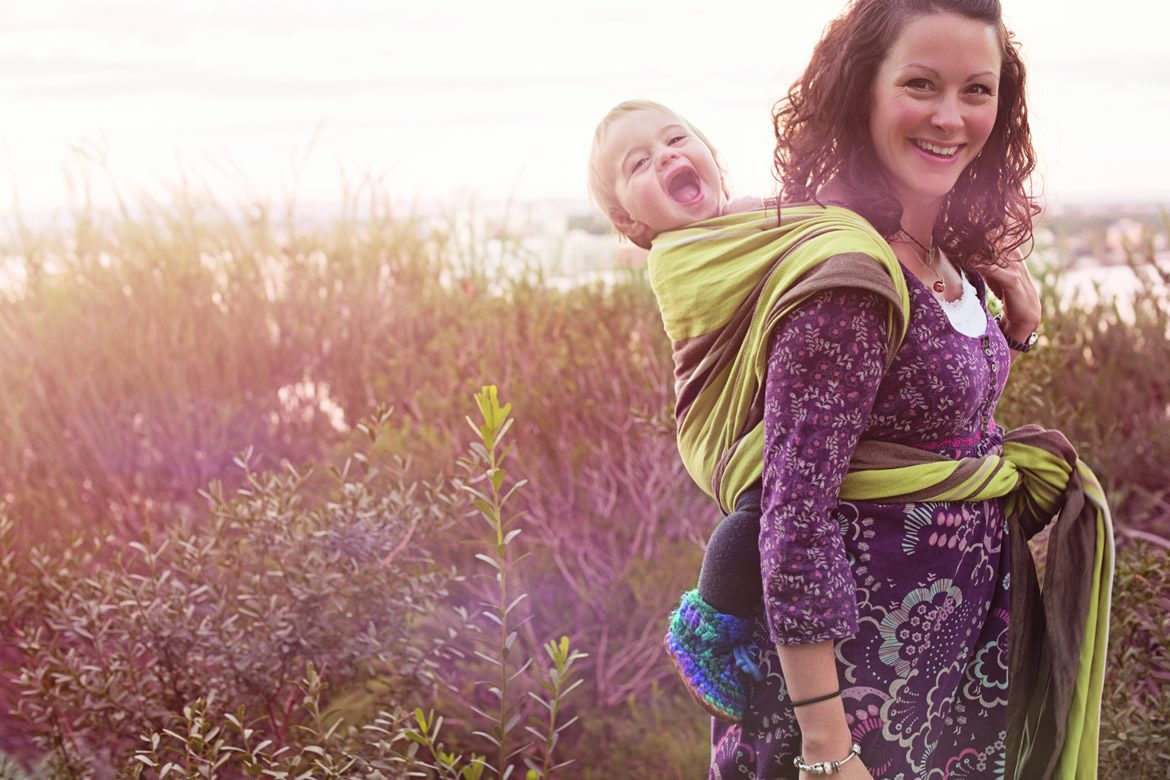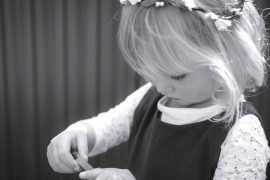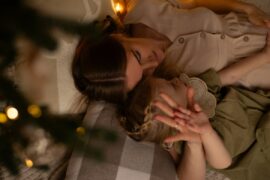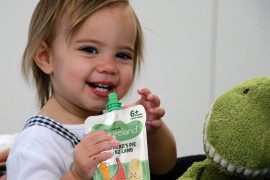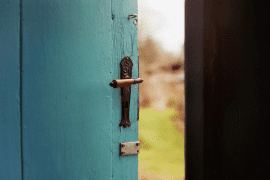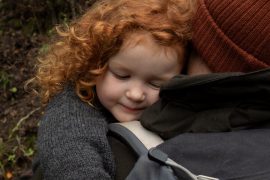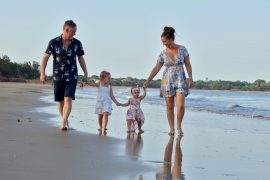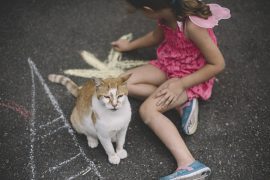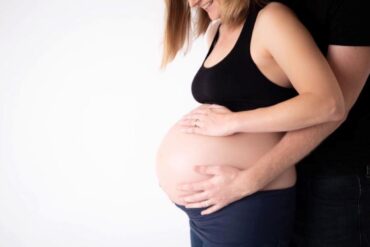By Victoria Hood
I have many fond memories from my childhood of Mum or Dad picking my siblings and I up from school. If we were lucky, dad would take us to the local comic shop and let us purchase a 50 cent pack of basketball cards. We would then proceed to go home and compare, engage in swapsies and excitedly add them to our folder collections. The excursion would then be followed by afternoon tea, some TV watching and then homework. If Mum was home she would whip up a fruit platter for afternoon tea and if Dad was home I have fond memories of him being out tinkering in his bike shop come garage.
Life was pretty simple sweet. Its commonplace for children to dream about becoming an adult, all the things we get to do without permission and so forth, however, as we are all aware as adults, the reality is in fact markedly different to the dream.
Fast forward 18 years and I have three children of my own. Each day I pick them up from school. On one day my 10-year-old might have netball, or swimming, or my 5-year-old might have football. I run a business and do contract work, and my husband works full time in a managerial position. Amongst the extracurricular activities and school expectations, the pull into incorporating the word ‘busy’ into your day becomes very real.
As children, my siblings and I never grew up being ‘busy’. It’s true that life has become much more fast paced and expectations have risen dramatically. Being contactable 24/7 has most definitely exacerbated stress levels, and reduced the hours spent engaging in downtime.
It is also true however that we have a say in how we raise our kids. Granted the world around us has changed drastically, especially in the past 10 years, but we don’t actually have to bend so much that we just roll with it. We can learn how to make space away from the busy, the ‘to do’ lists, the scheduling and the high expectations.
Children are not equipped with the ability to manage stress very well. If our kids grow up in an environment that is ‘go go go’, and allows for minimal downtime, this effects their development in a number of ways. Being busy on a regular basis produces a state of hyper arousal and floods their bodies with hormones that increase the likelihood of anxiety, low self-esteem and low mood.
Creating space for ourselves and for our kids is imperative. Not only because it’s good for their wellbeing, but because it’s teaching them the importance of slowing down and showing up. As parents it’s what we prioritize that our kids then regard as important. If you’re prioritizing massive ‘to do’ lists, numerous after school activities, excursions every weekend and constant scheduling, then that’s what you are telling your kids is important in life.
Don’t get me wrong, I’m not telling you to pull your 7-year-old out of rugby or stop swimming lessons, but we have to create space between our family schedules and the activities that our children enjoy.
There are many ways that we can create a spacious and nurturing environment for our kids. I largely advocate mindfulness as a key skill to develop as a parent. Mindfulness at its core, is all about presence. It is practicing the ability to be present and aware of our current experience. The absence of mindfulness is auto pilot. We physically engage in activities with our kids, yet our minds are elsewhere, thinking about dinner, planning next week or worrying about work.
When we are mindful we are present for our kids and we can assess what they need from us. Being a mindful parent is all about showing up every day for ourselves and for our kids. When we show up with mindfulness everything starts to slow down; our thoughts, our emotions and everything taking place around us. It is a beautiful ability to harness. It takes time, but it is 100% worth it.
Slowing down creates space between what’s happening inside our bodies and what’s happening around us. It creates space between our initial, reactive thoughts and our actions, between our level of gratitude and our blessings, and between each beautiful moment that can never be re lived. It shifts the energy and dynamics in the home and minimizes stress levels.
Our kids are well aware when we are really listening to them or when we are responding while nodding and staring at a device in our hands. Create some space between everything that you do by just attending to one task at a time and then watch for all the places that magic will start to stem from.
Decide where you need to make space and make a conscious effort to insert it into your day as often as you can.
Mindful Mum’s top tips for creating space as a parent:
- Attend to one task at a time
- Downsize your ‘to do’ lists
- Limit after school activities
- Assess whether these activities are stimulating or relaxing. We don’t want our kids engaging in too many stimulating activities-they get enough of this at school
- Eat dinner together and practice 1 minute of silence as you sit down to eat
- Really look at your child when they are talking to you
- When engaging in tasks use your senses to ensure that your mind doesn’t wander elsewhere. For example, smell your little one’s hair or touch their skin while you are reading to them
- In the car play the ‘noticing game’, ask your child to point out different things that they can see and ask questions about those things, i.e.; how many different kinds of green can you see or how many red signs can you spot?
- If you’re feeling upset or angry, take a moment before reacting to practice some ‘balloon breathing’, breathing in all the way so that you can feel your belly inflate like a balloon and then slowly breathing out. Practice this as many times as you need to.
Victoria Hood
Passionate holistic health and wellbeing advocate
Mindfulness Practitioner/BA Hons (psyc)
Victoria teaches mindfulness in schools and runs mindfulness based workshops for Mums
You can find her on Facebook at: Mindful Mum Aotearoa
Or email

